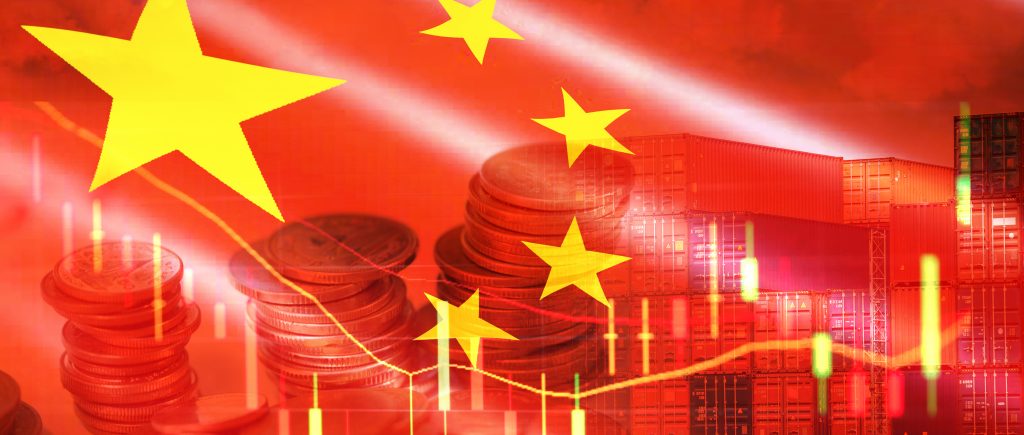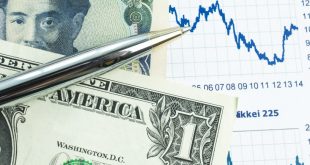China’s economy expanded slightly faster than expected in the third quarter, even as momentum cooled to the weakest pace in a year amid persistent disinflation, softer domestic demand, and renewed U.S. trade tensions.
Headline growth. Official data showed gross domestic product (GDP) rose 4.8% year-on-year in the three months to September 30, edging past consensus of 4.7% but down from 5.2% in Q2. That marks the slowest annual pace since Q3 2024. On a sequential basis, GDP grew 1.1% quarter-on-quarter, topping expectations of 0.8%.
On track for the target—just. The Q3 print brings year-to-date growth to 5.2%, a touch below 5.3% in the prior quarter but still slightly above Beijing’s ~5% full-year objective.
What’s driving—and dragging—growth.
- Exports and manufacturing remained the principal engines, underscoring resilience in the industrial economy.
- Household consumption and private fixed investment cooled further, diluting the impact of earlier policy support. Authorities have rolled out a series of fiscal and credit measures in recent quarters, but the growth impulse from these steps has faded lately.
- Headwinds persist from deflationary pressures, weak capex appetite, and a prolonged property downturn, all of which continue to weigh on confidence and spending.
External risks in focus. Trade uncertainty re-intensified after U.S. President Donald Trump signaled in early October potential 100% tariffs on imports from China. While officials from both sides are expected to hold further talks, the rhetoric adds a fresh overhang for 2025–26 export and investment plans.
 Noor Trends News, Technical Analysis, Educational Tools and Recommendations
Noor Trends News, Technical Analysis, Educational Tools and Recommendations





